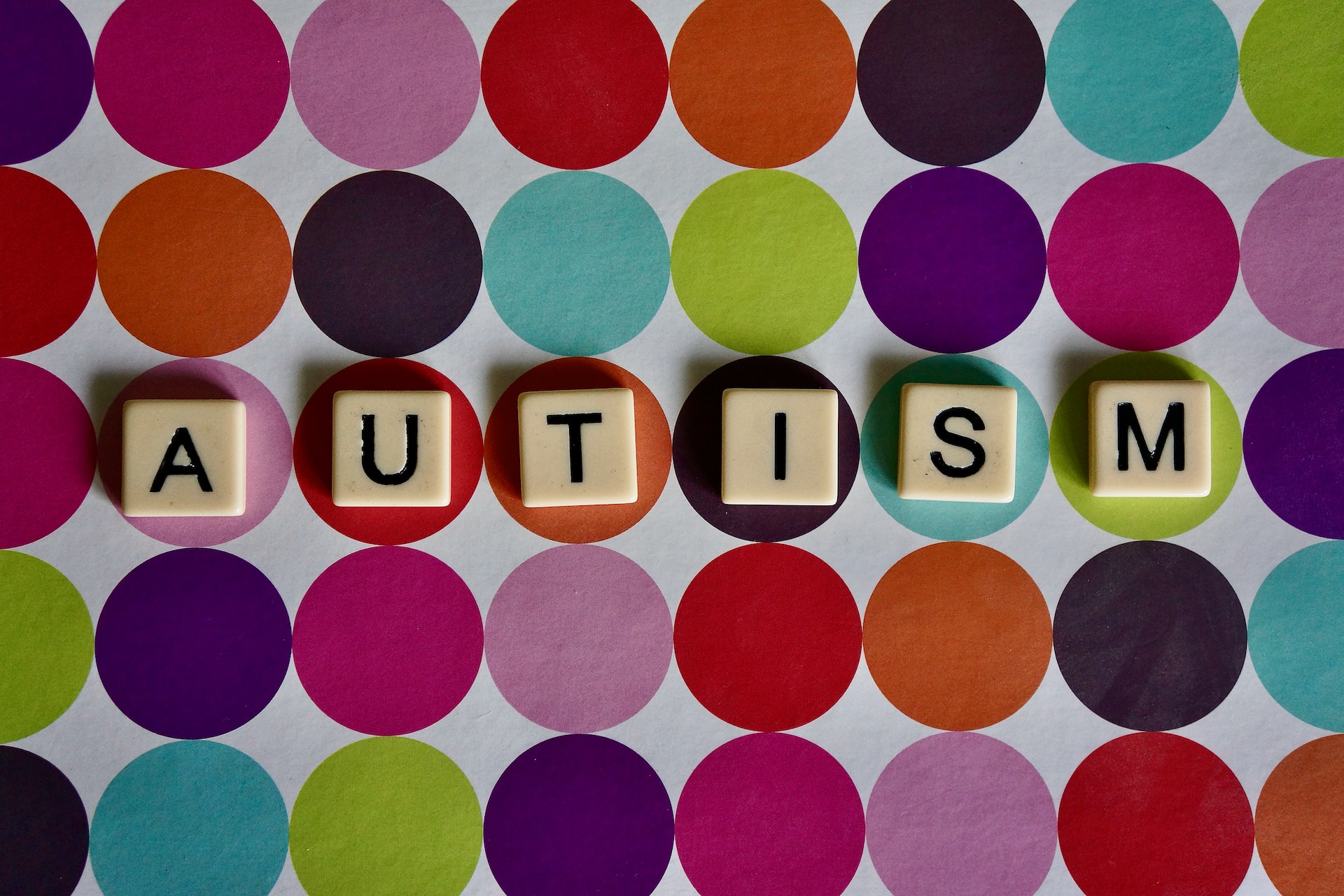By Ashley Barnes, M.S.
National Autism Awareness Month.
National Autism Awareness Month spans the month of April with the purpose of spreading awareness, breaking the stigma, and providing support and hope to those who have or support someone with autism spectrum disorder (ASD). Autism Awareness Week was first celebrated in the 1970s, later growing into the entire month of April.
About Autism.
According to the American Psychological Association (APA), autism spectrum disorder (ASD) describes a neurodevelopmental disorder characterized by challenges with “social communication and social interaction and restricted and repetitive patterns in behaviors, interests, and activities” (APA, 2021).
The term spectrum is used to highlight the wide variation in presentation, severity of symptoms, and experiences of those diagnosed with ASD. ASD is understood to occur across all ethnic, racial, and socioeconomic groups (CDC, 2020). ASD is four times more likely to be diagnosed in boys than girls and approximately 1 in 44 children have been identified with autism spectrum disorder (ASD) according to the CDC’s estimates based on research (CDC, 2020).
Symptoms.
Understanding ASD entails educating ourselves on its common symptoms, some of which pose challenges and lead to impairments in an individual’s life. According to the Centers for Disease Control and Prevention, common symptoms of ASD in young children are:
- Social Communication and Interaction Skills:
- Avoids or does not keep eye contact
- Does not respond to name by 9 months of age
- Does not show facial expressions like happy, sad, angry, and surprised by 9 months of age
- Does not play simple interactive games like pat-a-cake by 12 months of age
- Uses few or no gestures by 12 months of age (for example, does not wave goodbye)
- Does not share interests with others by 15 months of age (for example, shows you an object that they like)
- Does not point to show you something interesting by 18 months of age
- Does not notice when others are hurt or upset by 24 months of age
- Does not notice other children and join them in play by 36 months of age
- Does not pretend to be something else, like a teacher or superhero, during play by 48 months of age
- Does not sing, dance, or act for you by 60 months of age
- Restricted or Repetitive Behaviors or Interests:
- Lines up toys or other objects and gets upset when order is changed
- Repeats words or phrases over and over (called echolalia)
- Plays with toys the same way every time
- Is focused on parts of objects (for example, wheels)
- Gets upset by minor changes
- Has obsessive interests (trains, animals, etc.)
- Must follow certain routines
- Flaps hands, rocks body, or spins self in circles
- Has unusual reactions to the way things sound, smell, taste, look, or feel (2020).
In older individuals, similar symptoms may be present. For example, many adults diagnosed with ASD are extremely passionate about select topics or interests, get overstimulated in crowded areas or due to loud noise, or avoid eye contact. ASD looks different in each individual and symptoms can vary.
Strengths.
As pointed out by the National Institute of Mental Health, some notable strengths of those diagnosed with ASD may include:
- Being able to learn things in detail and remember information for long periods of time
- Being strong visual and auditory learners
- Excelling in math, science, music, or art (2022).
Working with an ASD diagnosis.
Those diagnosed with ASD may discuss being “neurodivergent,” meaning that they differ in neurological function from what is considered normal or typical in society. Many view their neurodivergence as an aspect of themselves to be embraced and empowered.
Still, having an ASD diagnosis can present challenges, particularly for younger individuals. Several interventions have been developed with the aim to reduce impairing symptoms while also improving cognitive ability, functioning in the community, and improving daily living skills. One of the most common interventions is behavioral strategies focused on social communication skill development as well as reducing restricted interests and repetitive, challenging behaviors (CDC 2020).
Occupational and speech therapy may be beneficial for those struggling with vocational and communication needs; for older individuals, medication prescribed by a psychiatrist is a common intervention utilized (CDC, 2020). Because of the wide range of ASD symptoms and presentation, optimal treatment can vary depending on the individual’s strengths, challenges, and age.
Mental health professionals can screen for and diagnoses ASD, develop a treatment plan tailored to each patient, and support individuals through their ASD journey. If you are looking for more help, please reach out to us at the Mental Health Center!
Online Resources.
- Autism Speaks – provides educational resources, resource guides, and advocacy opportunities.
- My Autism Team – a social network for parents of children with ASD.
- A Portrait of Autism: Artists and Their Works – a free virtual event open to the public that will feature 4 artists, who will talk about how their experiences as autistic individuals have shaped their artistic expression. The event will include a sampling of their artwork and a Q&A with the artists.
References
American Psychological Association. (2021). Autism and autism spectrum disorders. American Psychological Association. Retrieved December 9, 2021, from https://www.apa.org/topics/autism-spectrum-disorder.
Centers for Disease Control and Prevention. (2020). Data & statistics on autism spectrum disorder. Centers for Disease Control and Prevention. Retrieved December 9, 2021, from https://www.cdc.gov/ncbddd/autism/data.html.
Centers for Disease Control and Prevention. (2022). Signs and symptoms of autism spectrum disorders. Centers for Disease Control and Prevention. Retrieved July 9, 2022, from https://www.cdc.gov/ncbddd/autism/signs.html
U.S. Department of Health and Human Services. (2022). Autism spectrum disorder. National Institute of Mental Health. Retrieved July 9, 2022, from https://www.nimh.nih.gov/health/topics/autism-spectrum-disorders-asd#:~:text=Autism%20spectrum%20disorder%20(ASD)%20is,first%20two%20years%20of%20life.

